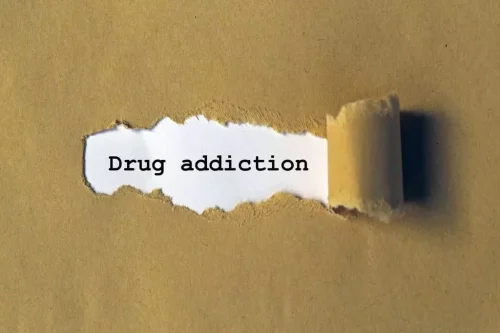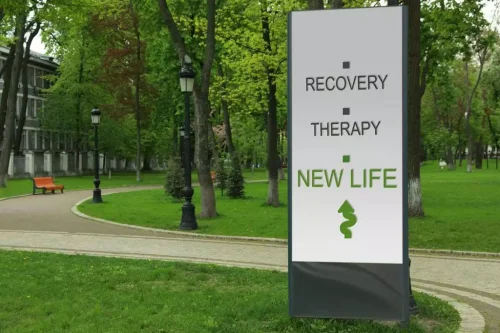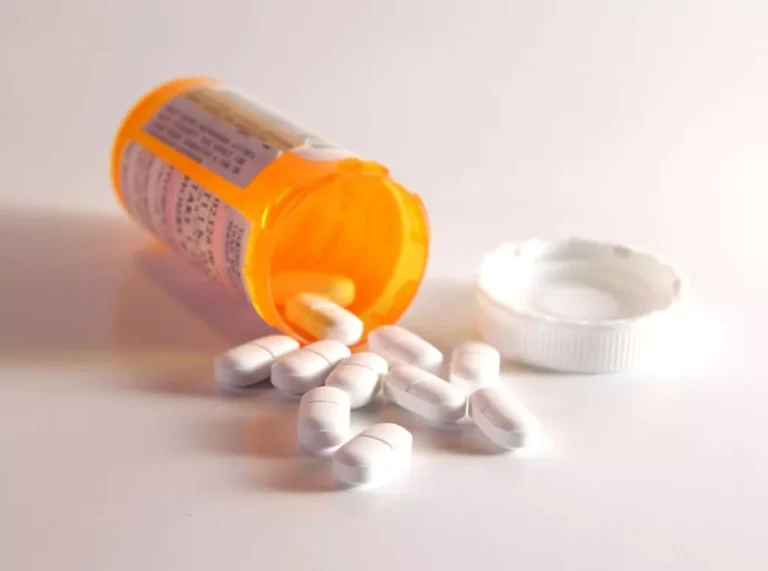
“Some really interesting studies have paid people to stop using cannabis for a period of time, usually a month, and there’s some evidence that they recover some of their memory function over that time,” he said. Emerging research has linked heavy cannabis use to multiple health risks, including stroke and heart attack. Now, a new study suggests that frequent use of cannabis may also damage the brain’s working memory. Studies show that cannabis can impair memory, decision-making, and other critical cognitive functions, raising concerns about its long-term effects on brain health. This is particularly relevant in an era where cannabis potency has increased dramatically.
Frequently Asked Questions
While some detox products claim to speed up the process, most aren’t scientifically supported. The only guaranteed way is to give your body time to metabolize and eliminate THC naturally. Many who are facing a drug test but are unwilling to fully give up cannabis turn to synthetic cannabinoids in the hopes of cheating traditional tests. Yet, these alternatives, commonly referred to as “K2” or “spice,” are unpredictable, showing side effects ranging from nausea to seizures that have caused a spike in overdoses in recent months. And many private companies now include tests for synthetic cannabinoids in their repertoire, making this approach both dangerous and futile.
How Long Does THC Stay in Your Body?
A saliva drug testing kit or lick test uses a biochemical process known as enzyme immunoassay to detect THC in your system. From “How long does alcohol stay in your system?” to “What is Delta-8?” to “Where is weed legal?” – we’re striving to find answers to the most common questions you ask every day. Head to our Just Curious section to see what else we can answer for you. After weed enters your system, it can take between one to three hours to feel the complete effects and another one to three hours for those effects to wear off, according to Healthline. The effects of edibles last much longer than smoking, according to the American Addiction Centers.
Saliva Testing
The study focused on young adults, so findings may not generalize to other age groups. Researchers lacked detailed information about when heavy cannabis use occurred in participants’ lives and couldn’t account for differences in marijuana potency or consumption methods. The team also found that people who had recently used cannabis (detected through drug testing) performed worse on memory and movement tasks.
- Much of the THC in marijuana is processed by your liver, so boosting your metabolism can help your liver clear THC from your system faster.
- For those who are able to quit, one common technique is to flush out your system by drinking a lot of water.
- Researchers discovered one participant had THC in their system for at least 24 days after cessation.
How Long Does Marijuana Stay in Your System? Fully Explained
New study reveals how chronic cannabis use impacts brain activation, with long-term effects on decision-making and memory, raising questions about its growing global popularity. When marijuana use becomes problematic, it can affect multiple areas of your life. You might notice changes in your physical and mental health, your relationships might feel strained, and your daily activities might feel more challenging. These impacts are often reversible with the right lifestyle changes and support. If you’re smoking or vaping marijuana, you’ll feel the effects within 2 to 10 minutes. The effects kick in quickly because marijuana enters your bloodstream via your lungs within minutes of inhaling.

Being aware of these factors can help you manage the risks of testing positive for THC and take necessary precautions, such as abstaining from marijuana use before a drug test. Additionally, usage, as well as an individual’s unique biology make the calculation of a detection window (the number of days after ceasing usage that a drug test will continue to be positive) even more complex. On that note, for those interested in legal medical marijuana usage, check out ARCannabisClinic. They’re a national network of marijuana doctors offering you legal access to medical marijuana in your state. Plus, their industry-leading MMJ Therapy Visit ensures that patients get a detailed treatment plan tailored to them. ARCannabisClinic pioneers full diagnosis evaluations, including PTSD, anxiety, and general medical evaluations, making the process smoother for patients.

What Factors Affect How Long Weed Stays In Your System?
- ” because you want to know how long your high will last, know that the length of your high depends on several factors.
- While no THC was found in any hair samples, researchers detected THC-COOH, which in lab tests is considered proof marijuana was consumed.
- A positive result on the screening typically means a person used cannabis in the past 10 days.
- The cutoff threshold describes the level of metabolites that will give a positive test result.
- Like other tests, hair follicle tests look for the presence of THC-COOH rather than THC itself.
As you metabolize the cannabis, the high subsides, but those metabolites remain in body tissue for some time afterwards. The last century brought along the dawn of drug laws which demanded detection methods. The 60s and 70s heralded the debut of THC tests, mainly for legal probes. Get ready for a 30-day encore, with the afterproducts of THC processing detectable in your system how long does weed last in your body for 30 days or more.
Is there anything you can do to metabolize THC and its by-products faster?

Reach out to us today and let us help you take that important first step. Before trying anything new, you should always consult with your doctor, especially if you have any underlying medical conditions or take medications. Marijuana temporarily affects your heart and blood vessels.6 During use, most people experience an increase in heart rate, and some notice changes in their blood pressure or feel their heart beat stronger. But if you have a heart condition or are at risk for heart disease, it’s important to talk with your doctor about how marijuana might affect your cardiovascular health. When it comes to employment, medical screenings, or various other reasons, urine tests are the go-to. Around 77 percent of heavy users and 39 percent of light users had positive tests.
How Does Your Body Metabolize Cannabis?
Drug tests for cannabis — also known as marijuana, weed, or pot — measure THC and its metabolites. Urine drug addiction treatment and hair tests have a longer detection window from 1–90 days after the last use. Their findings, published in JAMA Network Open, suggest that heavy cannabis use may have lasting impacts on cognitive processing, even after someone stops using the drug.